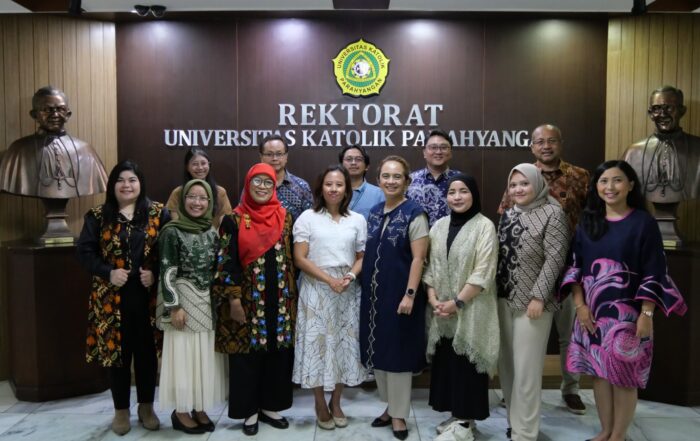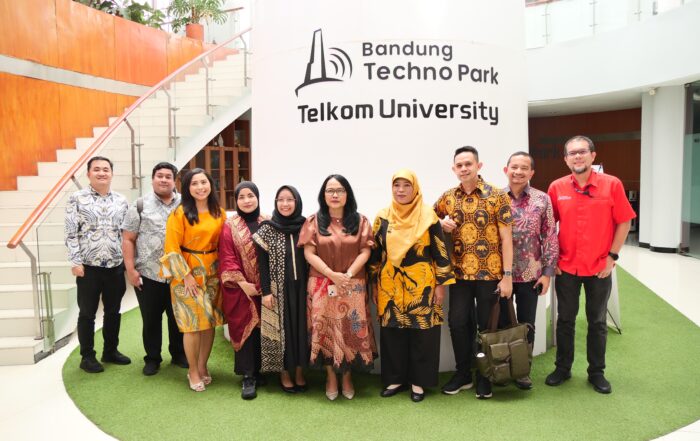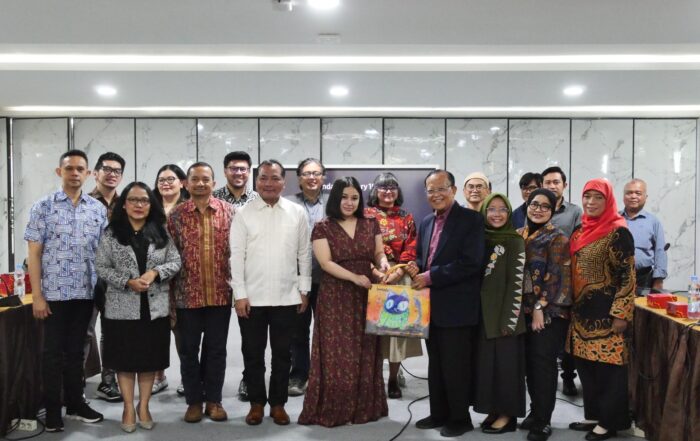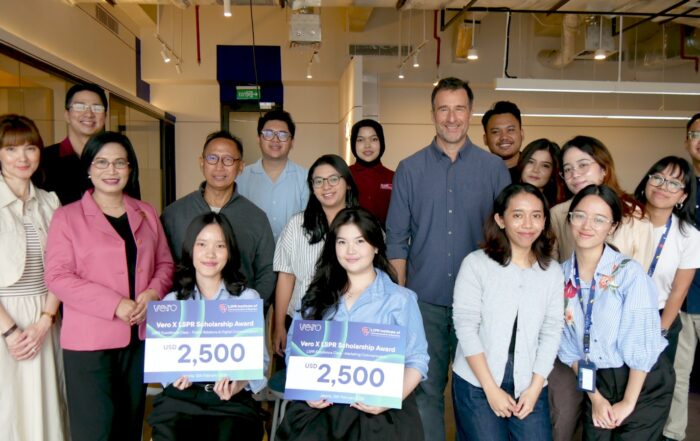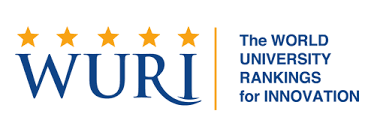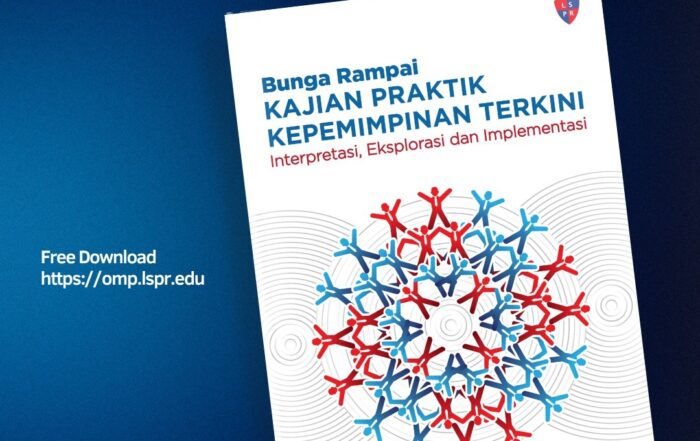
On Monday, 21 March 2016, Dr. Dino Patti Djalal, Indonesia’s former Ambassador for United States came to LSPR Institute of Communication and Business. With theme: The Six Fundamental Changes in the 21st Century Diplomacy and Political Impacts of Foreign Affairs of Indonesia, Dr. Dino shared his experiences and knowledge while doing business in the international relations world. This lecture was held at Prof. Dr. Djajusman Auditorium & Performance Hall LSPR Institute of Communication and Business.
In this era of globalization, he saw many changes, one of it is change in terms of power or strength. Formerly western countries who hold a lot of power, but now it has just changed hands to eastern countries which have started to rise and show its strength, for example the Republic of China and the Philippines who have been at the forefront. Unfortunately, Indonesia must still work harder to compensate for other Asian countries. We must be able to distinguish how the Republic of Indonesia on the world map and the global map.

MOU Signing by Mr. Imanuel Hutagalung, as the representative of LSPR-Jakarta, and Mr. Dino Patti Djalal, Chairman of FPCI
To be able to bring Indonesia into a better direction is not only the duty of the political leaders or scientists, ordinary people even as we are definitely capable. Connectivity, the individual’s ability and readiness to face globalization is a number of factors to be competitive with other countries.
On that occasion, he also inaugurated the Foreign Policy Community of Indonesia (FPCI) chapter LSPR Institute of Communication and Business which is a non-profit organization and non-politically engaged in the field of international relations and open to all. FPCI themselves want to facilitate a space that brings together students, faculty, Ministry of Foreign Affairs and the Ministry of others who have an international dimension, the diplomatic corps, businessmen (Indonesian and international) and think tanks, journalists and all people working in the field of international relations.(Nanda / Tarrasch)





